După săptămîni de demonstraţii ovaţionate de pe margine de tovarăşii de drum, muncitorii de la IMGB – secţia pan-radicală, apăraţi în faţa topoarelor şi coaselor modernităţii de simple kalaşnikoave, se îndreaptă în ordine spre sediul televiziunii. Salafismul de rit Al Jazeera este pe cale să cîştige lupta democratică între Pan-Islamismul insetat de Libertatea de a fi Supus şi Occidentul Miop. Al-Islah, aripa ceva mai tînără din Yemen a Frăţiei Musulmane paşnice şi sociale şi principal partid de opoziţie, în aplauzele celor cîtorva zeci de mii de delegaţi înarmaţi prezenţi la congresul tribal ad-hoc, s-a alăturat oficial protestelor pentru răsturnarea regimului nedemocratic.
Pentru o mai bună lămurire a aspiraţiilor democratice de cursă scurtă ale Adunării pentru Reformă (Al-Islah), să enumerăm punctul principal al platformei program: „Salafismul, spre deosebire de alte curente contemporane de renaştere islamică denumite în general ‘islamism’, se remarcă prin respingerea nu doar a ideologiilor occidentale de tipul socialismului sau capitalismului, ci chiar a unor concepte comune cum ar fi teoriile economice, constituţiile, partidele politice sau revoluţiile.”
„Salafiştii predică înfrînarea de la activităţi de tip occidental, cum ar fi politica (chiar dacă aceasta ar fi de factură islamistă). Bunii musulmani trebuie să îşi dedice întreg timpul activităţilor tradiţionale şi în special Dawah (răspîndirea islamului). Iar şaria trebuie să aibă precedenţă în faţa oricăror alte legi civile sau statale.”
Hai Reforma!
Disclaimer: Pataphyl e de vină, strică tinerii cu modernismele sale absurde!









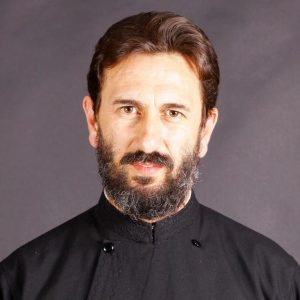
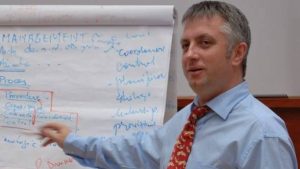

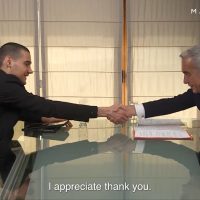
![marius-bostan-foto[1] marius-bostan-foto[1]](https://inliniedreapta.net/wp-content/uploads/elementor/thumbs/marius-bostan-foto1-qt9ywoo2b2lgv37b76h9qr5yo6db5vwzoxbuvd4e6o.jpg)

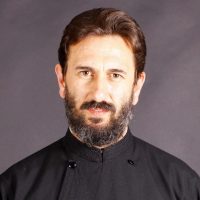

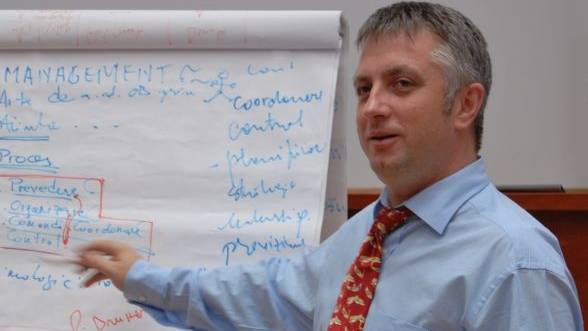
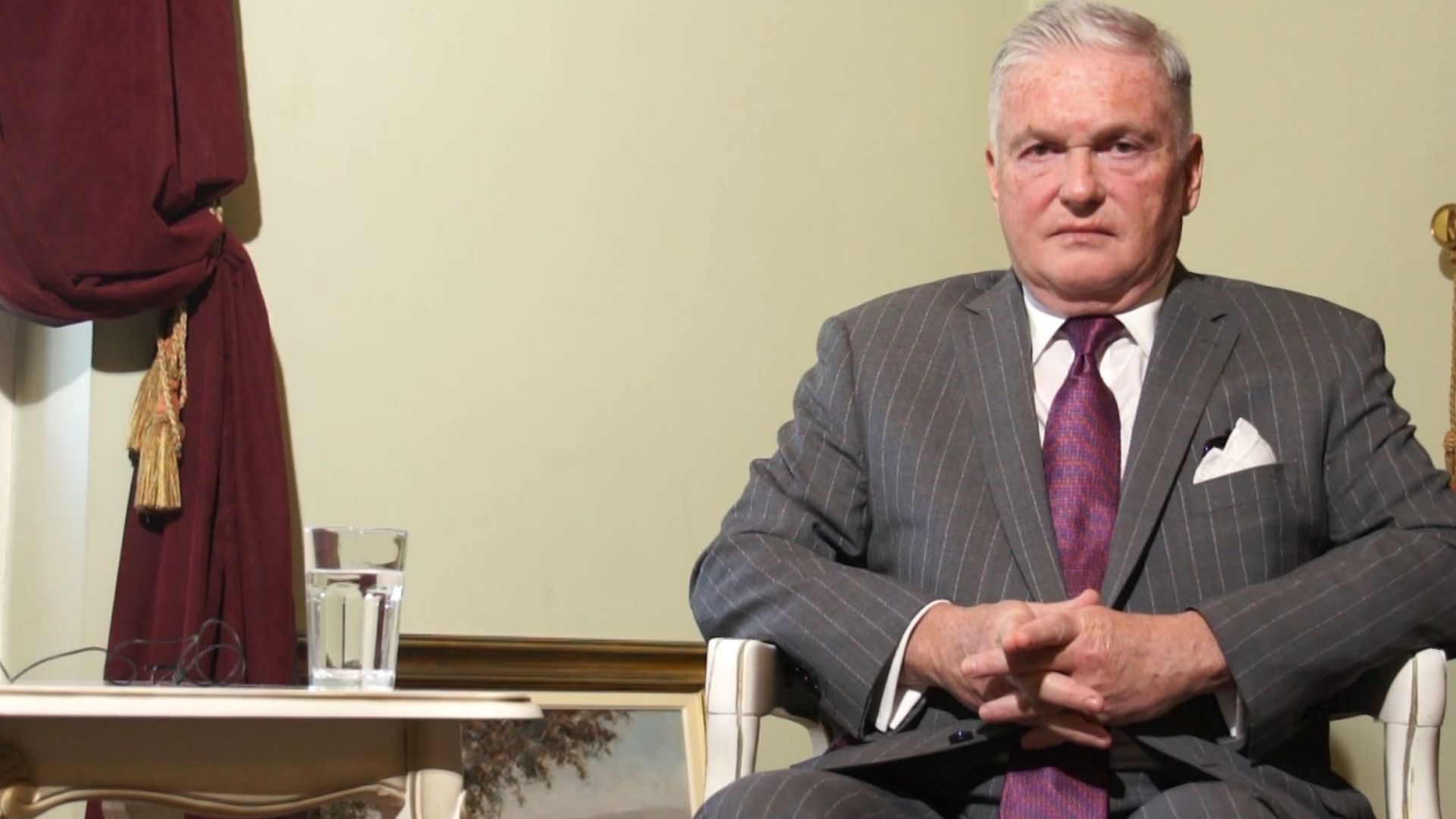



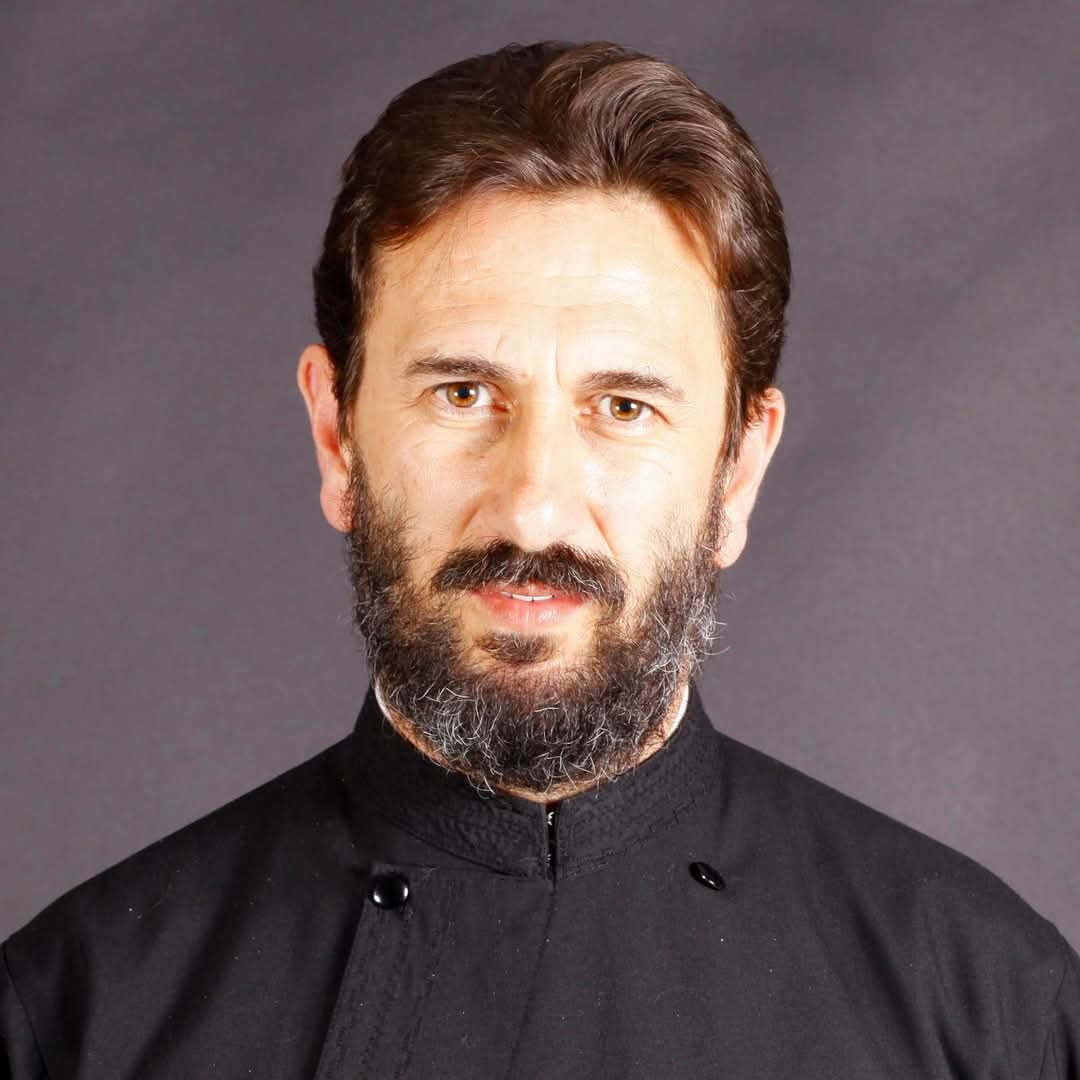



5 Comments
Pataphyl
26 February 2011Nu răspund decît în fața cîntecului „îmi bate la fereastră Marea Adunare (inter)Națională”, deoarece și întrucît:
Disclaimer: Pî-rî-cio-su’! Pî-rî-cio-su’! Ti zîc, ti zîc, Lu’ tovarășa / Educatoare!
Pataphyl e de vină, strică tinerii: Pataphyl e tînăr are vîrsta zero arab.
cu modernismele sale: yemenit-cește vorbind, aici ai dreptate. Totuși, de cinci ori pe zi e cam mult, mai ales iarna, cînd ziua e mai scurtă.
ab…:
surde: Ha? Nu s-aude!
Detalii sumare căci neprofesioniste înapoi la articolul incriminat.
Liviu Crăciun
26 February 20114 litere, tata in limbile semitice, bucurie pentru auz?
…piece of cake! ????
Pataphyl
26 February 2011P.S. Iarmarocul? Pe cînd Marocul?
Silvapro
26 February 2011Bucurie pentru auz, Abba nu prea. Doar in Mamamia a mai mers. Acolo propaga un fel de exaltare.
ABA si in Ivrit – tata. I se mai spune si AV, care deriva din aceeasi radacina.(litera bet se poate pronunta b sau v, depinde daca are accent)
AV este si luna a 11 in calendarul ebraic.
Corneliu
26 February 2011EVRIKA!
Insfarsit s-au gasit cauzele turmentarii din lumea araba. Mai bine mai tarziu decat niciodata:
Saleh, presedintele Yemenului, a dovedit lumii ca yemenitii sunt mai deosebiti decat ceilalti nu numai prin aceasta epocala descoperire ci si prin:
Dar parca a mai zis-o si de curand si un libian, nu?
Copy-cat, nu?
Miau.
http://news.yahoo.com/s/afp/20…..0301110346